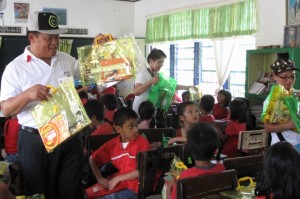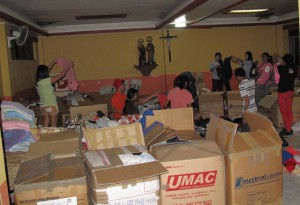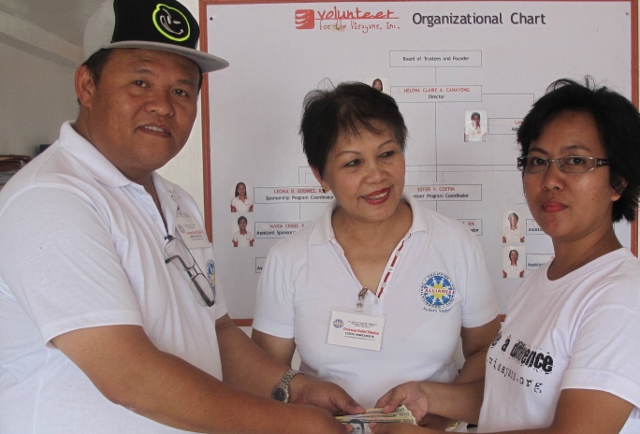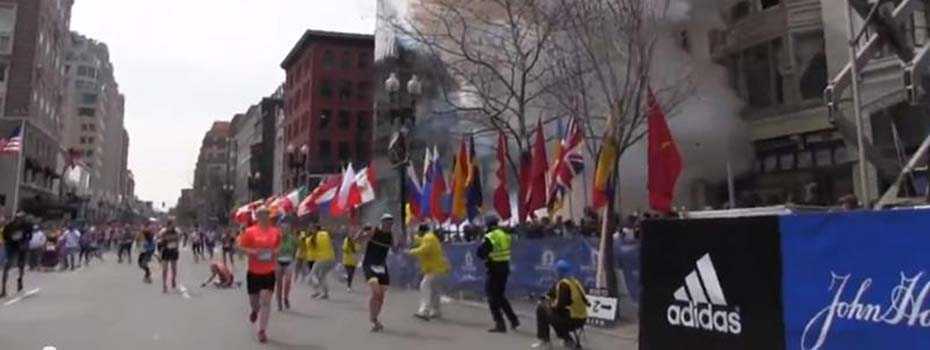
 Sydney-based Alliance of Philippine Community Organisations Inc (APCO) completed a ten-day humanitarian relief mission in the Philippines in February to help relief efforts for the victims of super-typhoon Haiyan.
Sydney-based Alliance of Philippine Community Organisations Inc (APCO) completed a ten-day humanitarian relief mission in the Philippines in February to help relief efforts for the victims of super-typhoon Haiyan.
Former APCO president Dr Cen Amores together with APCO Director Marx Canoy reported the dire need for more assistance to help rebuild the areas of devastations. Other members of trip are APCO President Jhun Salazar, Sarah Salazar, Josephine Brown, Dian Ford and Ligaya Zapalla. The five were former residents of these areas so they opted to stay for more days to help their relatives.
The APCO mission went to Cebu, Ormoc, Samar, Tacloban and other heavily hit areas. More than 8,000 people reportedy died, thousands more are still missing and were injured whilst thousands of buildings and homes were destroyed.
According to UNICEF, more than 14million people were reportedly adversely affected with 3.5M of them losing their houses or displaced from their accommodations. Total funding required for rehabilitation that was estimated at about $788M is needed for reconstruction or rehabilitation with $76M for food, $46M for emergency shelter and $22M for water, sanitation and hygiene!
Unfortunately, the Philippines through the government or other organisations have so far received only about $347M or less than half of what is required from various external sources like foreign donations from governments, companies, groups and charitable foundations.
APCO’S mission distributed various relief goods, and while touring the area, talked to the victims, local government and church officials, local NGOs, charity agencies and other volunteer groups. The trip was invaluable in ascertaining in what other areas, APCO can further help.
The mission members had a hands-on experience in monitoring the needs of the victims inckuding some from far-flung and inaccessible locations. One can just surmise that much of the help were concentrated in the cities and urban areas. Temporary shelters are yet to be built whilst electricity, drinking water and waste disposal system are yet to be organised.
Movements of the APCO mission was greatly helped by information off the ground made available by some of the friends and contacts of mission members who themselves know the area and sometime in the past lived themselves in the place,
Mission members helped in the sorting and distribution of relief goods, mass feeding for children, distribution of school supplies, rubber slippers, kitchen wares, eyeglasses, cheap but healthy cooking demonstrations. The mission also helped in the provision of building materials for repair of houses, meeting with local officials, parish priests and their social action staff, community leaders, volunteers and victim groups, and visits to various rehabilitation projects. Members attended briefing sessions with various NGOs, distribution of cash donations, discussions re possible project collaborations and fronting local media interviewers and reporters.
The group also visited relatives of APCO members to show solidarity and empathy with them.








Leave a Reply